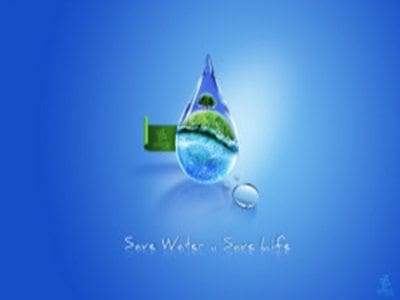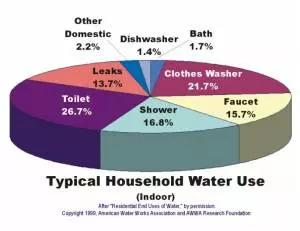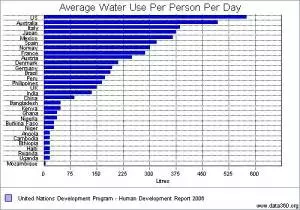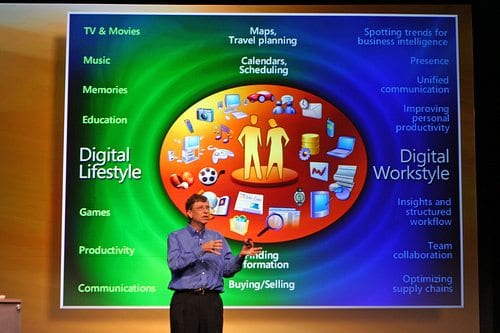by Logan Keziah
Why It Matters?
 Water, covers almost 3/4ths of our planet, so then why is it so precious and why is everyone so worried about it? Growing up I can clearly remember grownups, like broken record players, saying “turn off the faucet while you brush your teeth”, “take shorter showers, you’re wasting water”, and other similar constant reminders that we needed to save water. I thought that saving water was ridiculous nonsense, because I thought we had SOOO much of it on this planet, so of course everyone has access to plenty of it. But it’s not about access just to water, it’s about access to fresh water, and most importantly fresh clean water.
Water, covers almost 3/4ths of our planet, so then why is it so precious and why is everyone so worried about it? Growing up I can clearly remember grownups, like broken record players, saying “turn off the faucet while you brush your teeth”, “take shorter showers, you’re wasting water”, and other similar constant reminders that we needed to save water. I thought that saving water was ridiculous nonsense, because I thought we had SOOO much of it on this planet, so of course everyone has access to plenty of it. But it’s not about access just to water, it’s about access to fresh water, and most importantly fresh clean water.
The United Nation’s Environment Programme (UNEP) released the following statistics regarding the actual availability of water resources globally:
- The total volume of water on Earth is about 1.4 billion km3. The volume of freshwater resources is around 35 million km3, or about 2.5 percent of the total volume.
- The total usable freshwater supply for ecosystems and humans is about 200 000 km3 of water – less than 1 percent of all freshwater resources.
- By 2025, 1.8 billion people will be living in countries or regions with absolute water scarcity, and two-thirds of the world’s population could be living under water stressed conditions.” read more here
Of all the water that’s on this planet, only 2.5 percent is freshwater. Of the 2.5 percent freshwater, only around 1% of the water is available for use by humans and other ecosystems. 97% of the water available for human use is underground, and the rest is in rivers and lakes (Source: UNEP), which doesn’t sound so bad right?
Well, it gets even more complicated. Of the mere 200,000 Km3 of water available to humans, a lot of it is threatened by various forms of pollution: in industrialized nations by hydraulic fracturing and poor agricultural and industrial regulation, and in developing nations by unregulated industrial factories, a lack of public sanitation programs, and lack of education on hygiene, leading to unsafe water conditions for an overwhelming number of individuals. Due to the lack of medical care and education, billions of individuals are at risk in developing countries for contracting a waterborne illness, and for those who do contract something, it is often a death sentence, especially for children and the elderly who have weaker immune systems. Waterborne illnesses kill 1.8 Billion people each year according to the World Health Organization.
Africa, experiences one of the highest levels of water insecurity globally, due to a overwhelming lack of access to freshwater lakes and rivers and the technology to efficiently extract groundwater from beneath the earth’s surface. The average African family (family size averaging at least 5 people) only have access to 5 gallons a water a day, and many times family members, often children, have to walk miles each day to fetch that water.How much is 5 Gallons of water? It must be a pretty decent amount considering that it’s shared usually between 5 or more people, right? Watch this eye opening, award winning, video by Designmatters, that shows what a couple in suburbia’s daily life would look like on only 5 gallons of water a day.
Shocking, is the word that comes to mind. An American family (4 person household) on average uses anywhere between 400 to 600 gallons a day, having access to 100x or more fresh clean water than an African family of 5 or more. The graphs bellow show the breakdown of American daily water usage, and comparative water uses of 30 different counties around the world.


What Can We Do?
What can WE as social workers do to help? No matter where you live in the world, or what your area of practice is global water scarcity is a major problem, and there are several simple things we can all do to help.
- Save water in your own home as much as possible. Not sure where to start check out wateruseitwisely.com’s “100 Ways to Conserve”.
- Educate. As social workers we’re not strangers to the role we have in educating clients and the community. Understanding the facts about water scarcity and why it’s important to conserve water, and then sharing those fact with family, friends, coworkers, community members, and even clients, is important. Want some great resources to get you started? Check out the World Health Organizations facts on water scarcity, or World Aid America’s facts on way safe water matters.
- Donate. Monetary donations are key to getting safe water to individuals and families around the globe who otherwise would have little or no access. I know social workers don’t exactly have a lot of cash laying around, but the smallest donation can make a huge difference. Check out these great organizations:
- Volunteer. You don’t have to go to a developing country or region with scarce water resources to volunteer. Organize a fundraiser in your community for an organization that is working to bring clean fresh water to those who need it, or volunteer your time and talents in some other way.
- Advocate. Water resources in the United States are being threatened by poor environmental policies. Hydraulic Fracturing (fracking), decreased regulation on agriculture and industrial ground waste, are policies that put America’s water supply at risk. Talk to your legislators about introducing bills that protect available water resources, or we may see our resources depleted. For more info on how fracking endangers ground waters go here.
It’s often easy to forget how environmental issues affect the physical and mental well being of individuals and families around the world, but it does matter. A lot. the Water Project lists four key ways access to clean fresh water helps vulnerable populations around the world.
- Education. When students are freed from gathering water, they return to class. With proper and safe latrines, girls stay in school through their teenage years.
- Health.Safe water, clean hands, healthy bodies. Time lost to sickness is reduced and people can get back to the work of lifting themselves out of poverty.
- Hunger.Access to water leads to food security. With less crop loss, hunger is reduced. Schools can feed students with gardens, reducing costs.
- Poverty. Without clean water, the possibility of breaking out of the cycle of poverty is incredibly slim.” Read more about the Water Project and what they do here.
[vimeo]https://vimeo.com/18937453[/vimeo]




